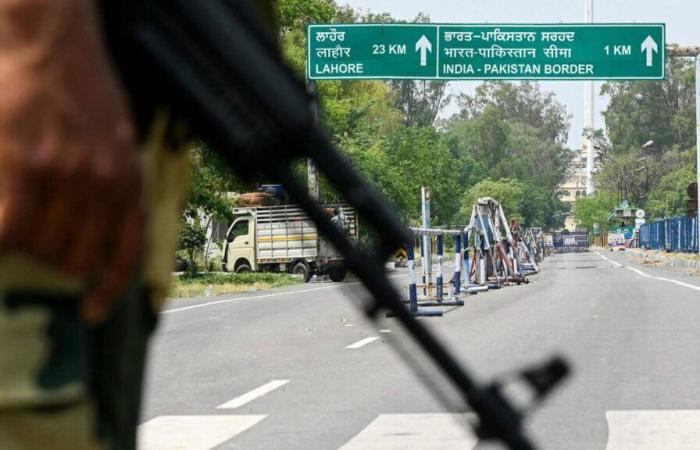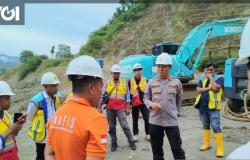“The world cannot afford”
This new escalation between the two neighbors, rivals since their partition in pain in 1947, was triggered by an attack which caused the shock in India. On April 22, armed men killed 26 men in the part of the cashmere administered by India. Immediately after this attack, never claimed, New Delhi accused Islamabad. Pakistan denies. But Indian police ensure that they are looking for at least two Pakistani nationals among the attackers and their accomplices and assures that they are linked to the Let, the jihadist movement Lashkar-E-Taiba based in Pakistan, already suspected of attacks which had killed 166 dead in Bombay in 2008. One of the sites targeted by the Indian army is the Subhan mosque in Bahawalpur The Pakistani pendjab, linked according to Indian intelligence to groups close to the Let, notably the Jaish-e-Mohammed (Jem).
Shortly after these strikes, cashmere has ignited, AFP journalists in the disputed area report explosions that are now increasingly close. “The response has started and if God wants it, it will increase,” the Asif Minister of the Pakistani National Security Committee threatened in an interview with AFP, a body only convened for extreme situations, will meet in the morning.
“The world cannot afford a military confrontation” between India and Pakistan, tried to plead the UN, while the two neighbors have continued to assert their “right to defend themselves” for two weeks.
The United States informed shortly after the strikes
The Indian army said that Pakistan has made artillery fire on its territory, accusing it of “once again rape the ceasefire agreement by making artillery fire in the Bhimber Gali and Poonch-Rjauri” sectors “in the Indian cashmere. She adds “to retaliate appropriately and calibrated”.
In the midst of these announcements, American president Donald Trump said hoped that clashes between India and Pakistan “stop very quickly”. The Indian army, it claims that its “action is targeted, measured and aims to avoid any escalation”. “No Pakistani military installation has been targeted,” insists New Delhi, believing to show “considerable restraint”. “We thus keep our commitment to ensure that those responsible for this attack (April 22) are reporting,” adds the Hindu ultra -nationalist government of Narendra Modi.
-The National Security Advisor to India Ajit Doval has informed US Secretary of State Marco Rubio shortly after New Delhi strikes against Pakistan, the Indian Embassy in Washington announced on Tuesday.
A terrifying risk of climbing
Shortly before these strikes, the US State Department had said that it had called India and Pakistan to work for a “responsible resolution” of their dispute. New Delhi had just threatened to “cut the water” which irrigated Pakistan, in retaliation for the murderous attack on April 22.
The next day, India had suspended its participation in a water sharing treaty signed in 1960 with its neighbor. Many experts and populations fear a military confrontation between the two nuclear powers, which have already delivered several wars.
For the past ten nights, Indian soldiers and Pakistani have been exchanging light weapons along the border between their countries. Without having victims for the moment, according to New Delhi. In recent days, Pakistan has for its part proceeded to two soil-to-ground missile tests. The one led on Saturday concerned a machine with a range of 450 km, the distance between the Pakistani border from the Indian capital New Delhi.
India must precisely carry out civil defense exercises on Wednesday, according to their Ministry of Information Wednesday, to prepare the population to “protect themselves in the event of an attack”. In this climate, UN Secretary General Antonio Guterres urged the two countries on Monday to “move away from the precipice”.








